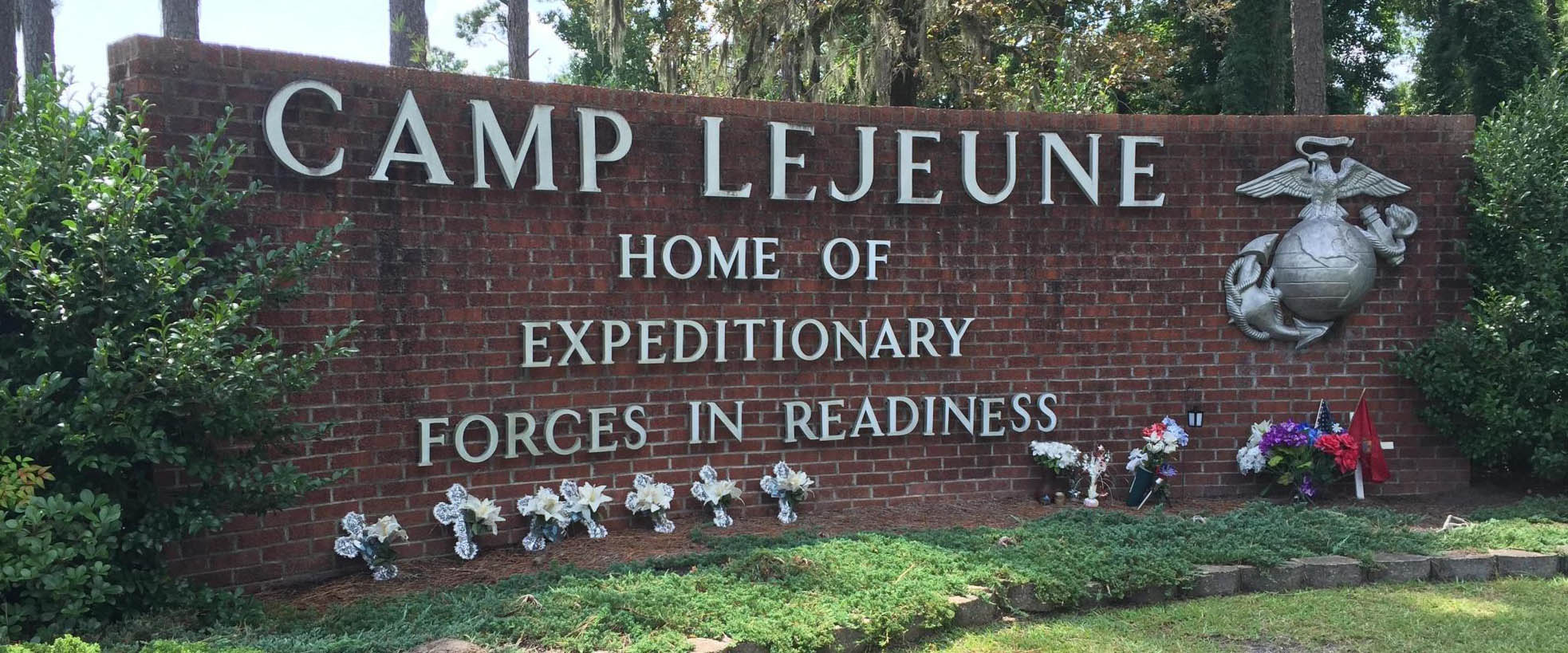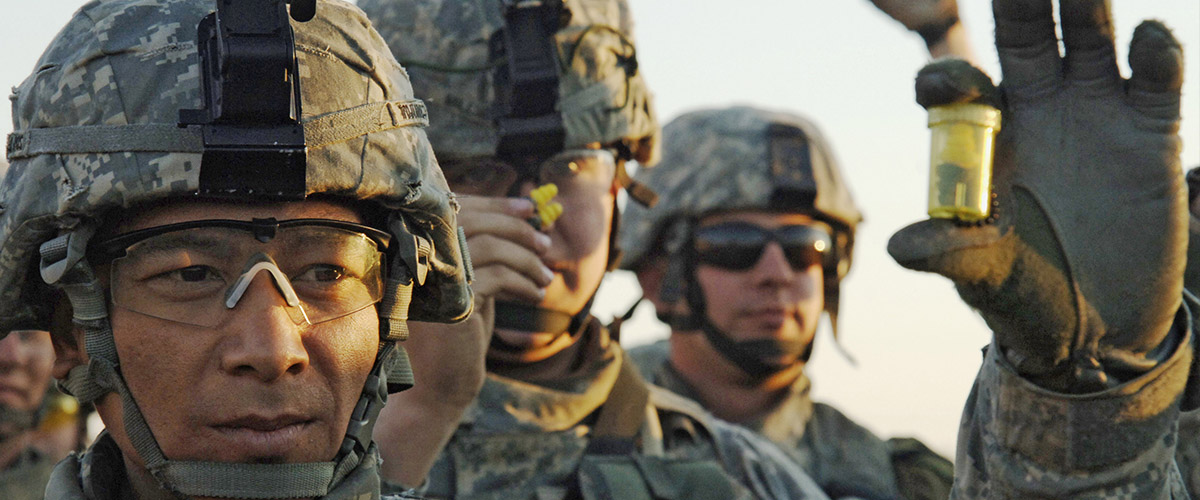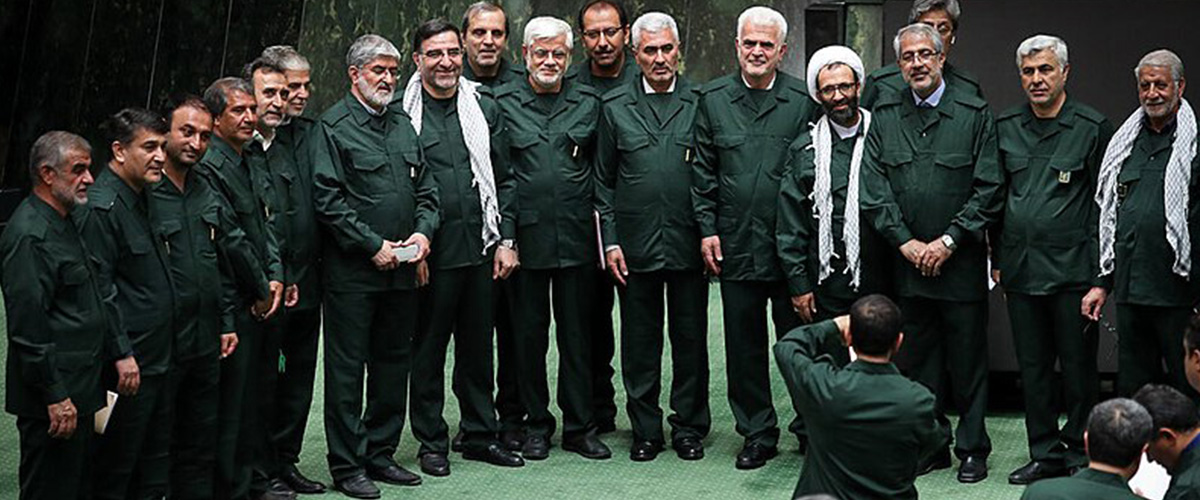
Why Vets Should File Camp Lejeune Claims
Thousands of Marines, Reservists, Guardsmen, and their families were exposed to toxic water on the U.S. Marine base Camp Lejeune in North Carolina between 1953 and 1987. The water supplies were contaminated by multiple sources, leaking dangerous chemicals like trichloroethylene, perchloroethylene, benzene, and vinyl chloride into the water people on the base used to drink, cook, and bathe in.
What health problems were caused?
Exposure to the toxic water at Camp Lejeune has caused a variety of health issues, including but not limited to:
- Esophageal cancer
- Breast cancer
- Leukemia
- Aplastic Anemia and other myelodysplastic syndromes
- Bladder cancer
- Kidney cancer
- Liver cancer
- Multiple myeloma
- Non-Hodgkin’s lymphoma
- Renal toxicity
- Scleroderma
- Miscarriage
- Female infertility
- Hepatic Steatosis (non-alcoholic fatty liver disease)
- Parkinson’s Disease
Additionally, children of mothers who were exposed to the toxic water may have also been diagnosed with health conditions like spina bifida or childhood cancer.
What is the Camp Lejeune Justice Act?
The Camp Lejeune Justice Act is a bill that will allow people who were exposed to the contaminated water for at least 30 days from 1953 and 1987 to sue for damages caused by the toxic water. It will also allow people who have previously been denied compensation in the past to renew their claims. The Senate will likely pass the PACT Act the bill is a part of this summer.
What has the VA done about Camp Lejeune?
In the past, the VA has denied veterans the compensation they deserve. However, in 2017, the VA finalized a presumptive diseases rule that covers eight diseases:
- Adult leukemia
- Aplastic anemia and other myelodysplastic syndromes
- Bladder cancer
- Kidney cancer
- Liver cancer
- Multiple myeloma
- Non-Hodgkin’s lymphoma
- Parkinson’s disease
Veterans, former Reservists, and former Guardsmen who were diagnosed with these diseases can file a claim with the VA if they served between 1953 and 1987 for at least 30 days.
While this is a step towards justice for veterans, there are many other diseases not covered by the presumptive diseases rule that veterans should receive compensation for. Additionally, the families of veterans are not eligible for coverage under the presumptive diseases rule even if they were exposed to the toxic water.
Why should I seek a legal remedy?
If you’re a veteran who served at Camp Lejeune between 1953 and 1987 and are suffering from illnesses, you should consider being apart of the Camp Lejeune Claims. When the PACT Act passes, eligible Veterans and their families will have two years to file a claim.
These claims will help Veterans get compensation for illnesses not previously covered by the presumptive diseases rule. Additionally, any person who lived on the Camp Lejeune base for at least 30 days between 1953 and 1987 will be eligible to file a claim, even if they weren’t in the military.
We’ve got your six.
VLAP is here to assist Veterans and Family Members dealing with any of these legal concerns. If you’re in need of assistance with filing a Camp Lejeune claim, contact the Veterans Legal Assistance Program to find out who we trust.



